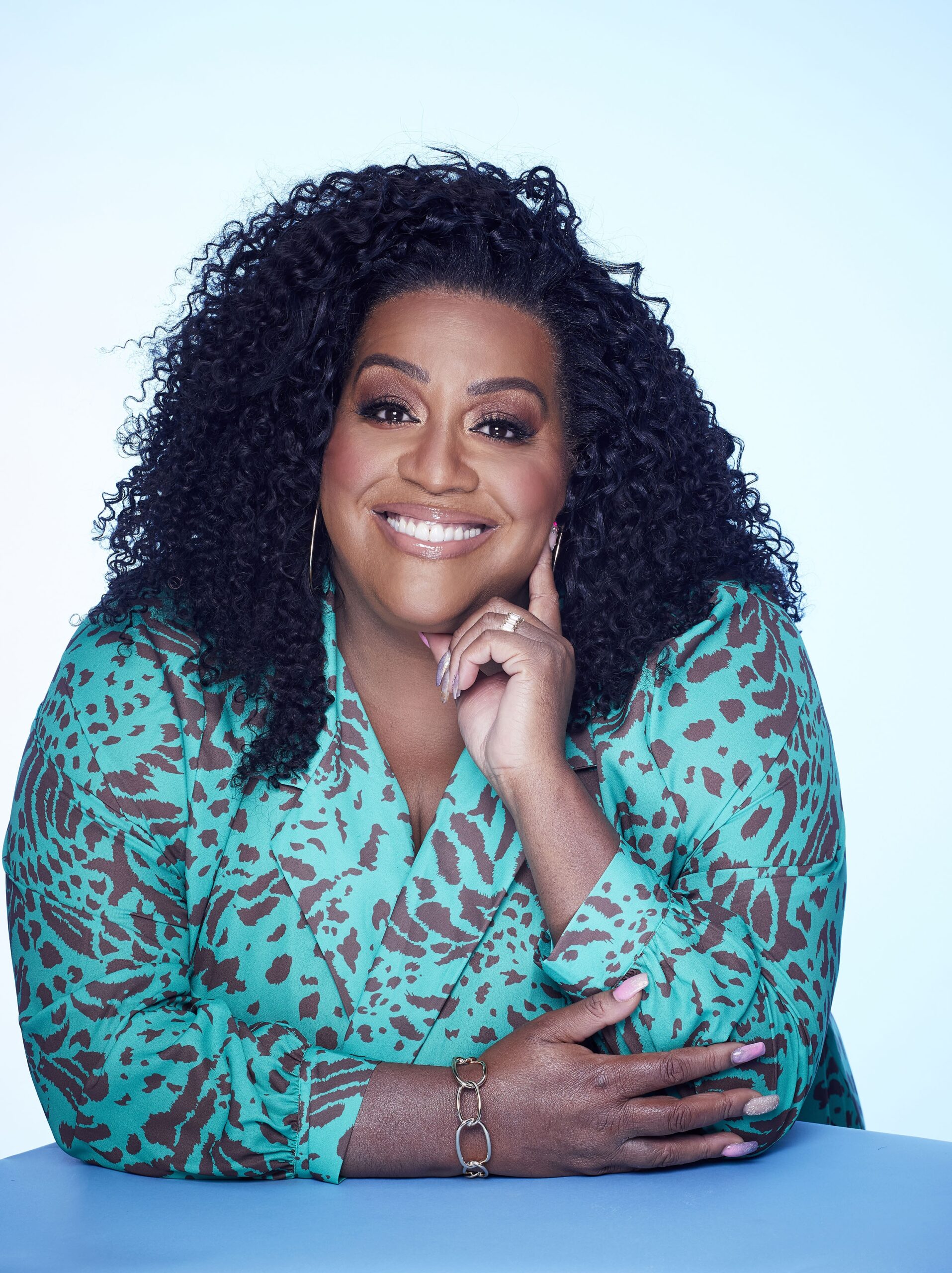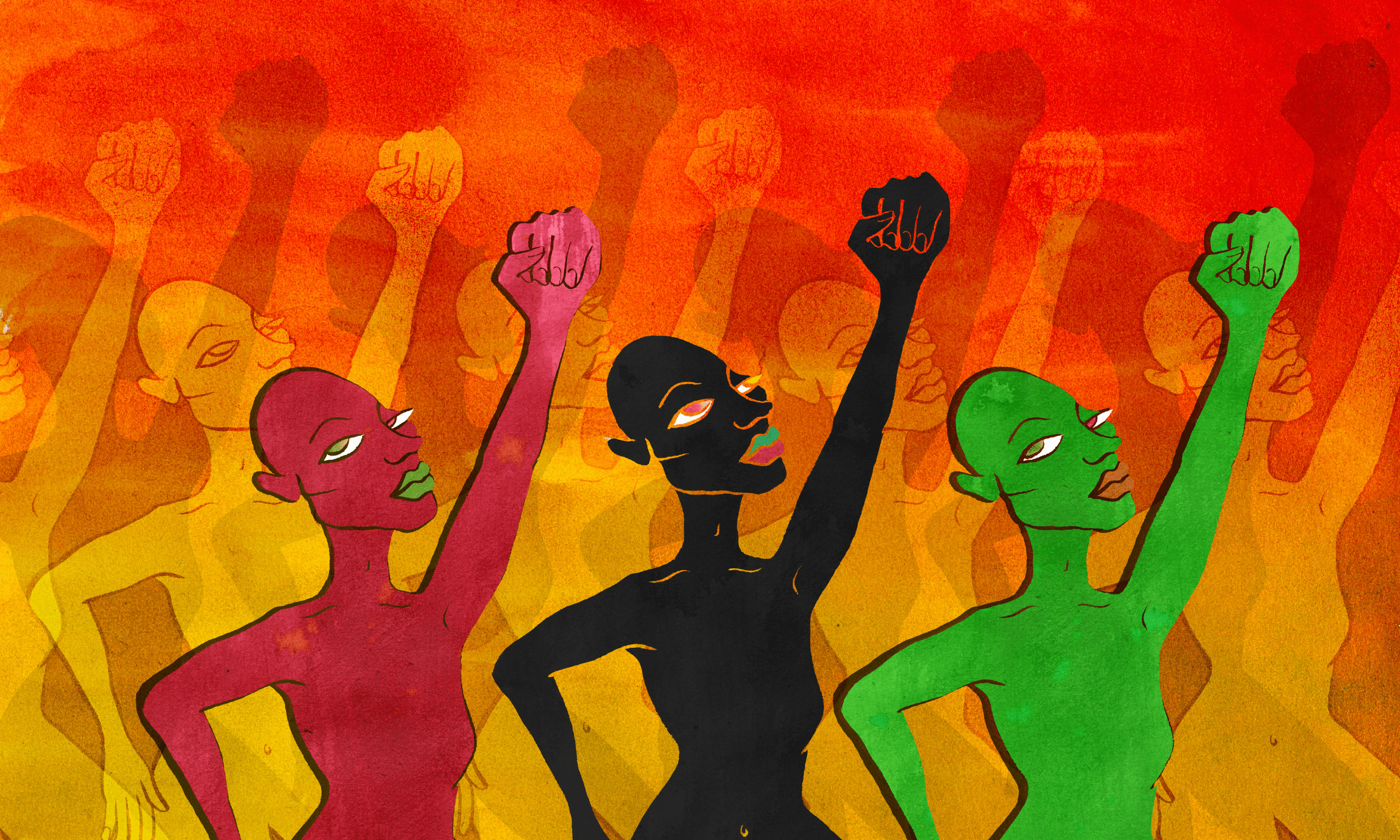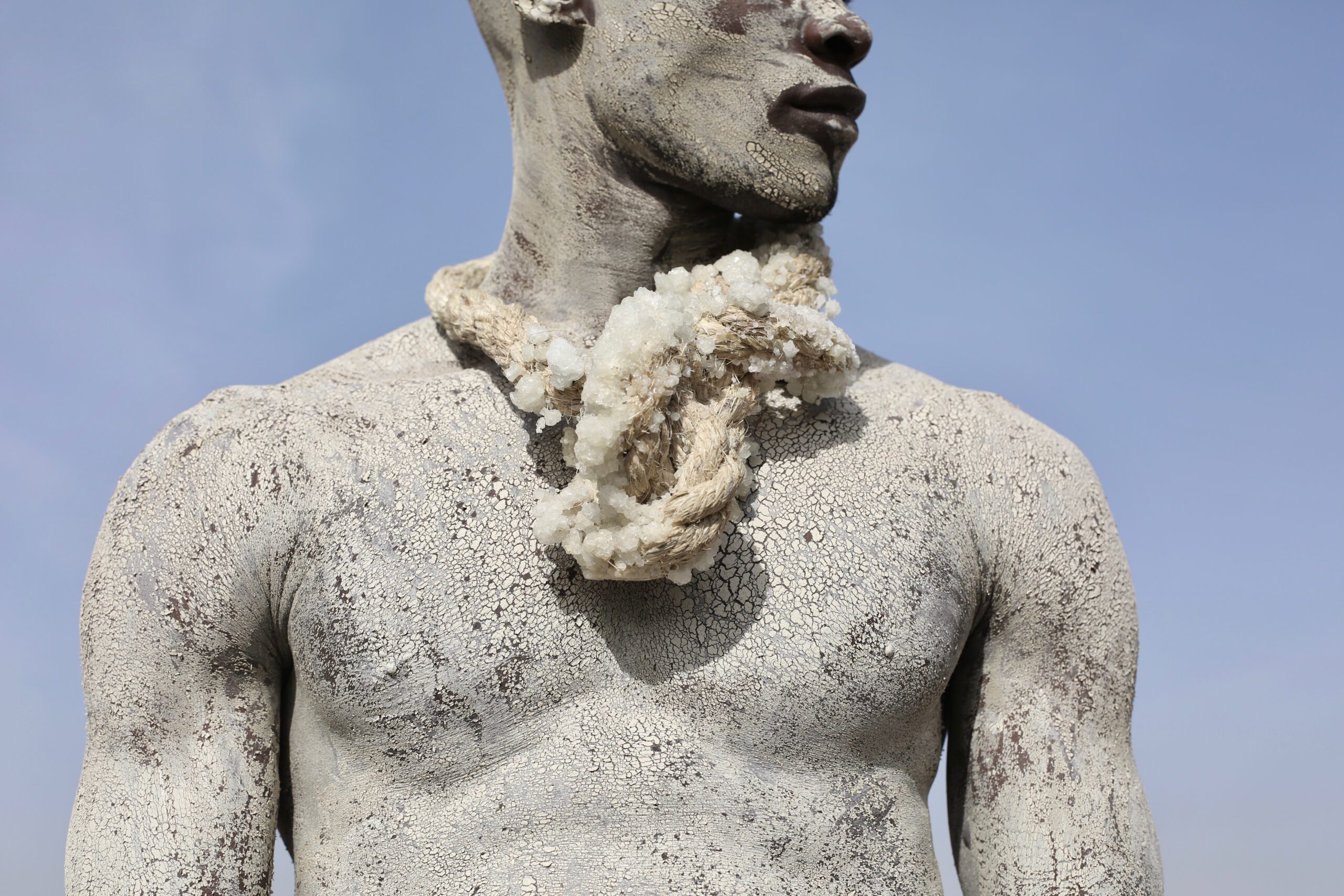
‘You feel obliged to tell them they’re not racist’ – after George Floyd, black people are hypervisible at work
This Black History Month, spare a thought for often overlooked black colleagues battling with imposter syndrome and awkward questions.
Dominic Cadogan
06 Oct 2020
For almost everybody, 2020 has been a difficult year to navigate. We’ve grappled a worldwide pandemic and all the unfamiliar idiosyncrasies that came along with it: the forced closure of schools and workplaces, extended separation from our loved ones and even more financial uncertainty than ever. For black people, this year has simultaneously seen us navigate a renewed focus on the Black Lives Matter movement, sparked by the murder of George Floyd in May and the protests across America that followed.
Unsurprisingly, the fallout of the protests, and increased conversations around diversity and inclusion, prompted people to start looking at brands and the embarrassing lack of black people in their teams and executive boards. Unofficial watchdogs, like Uoma Sharon Chuter’s Pull Up Or Shut Up initiative, began cropping up on Instagram, highlighting the majority and all-white teams. People armed with virtual torches and pitchforks demanded change. While the protests have since died down in the UK, the arrival of Black History Month this October will inevitably reignite conversations around black inequalities.
I’m currently navigating my own experiences of what I can safely assume is positive discrimination, with a sudden flurry of commissions from publications I’ve never previously been approached by asking me to discuss race. Several of my peers find themselves in a similar position. While I’m thankful for the opportunities, the niggling feeling of not being worthy enough unless it’s because of your race is one that’s hard to ignore. It’s a double-edged sword; the platform (and paycheck) benefit me, but by participating I’m presenting these publications as diverse, regardless of whether it was an issue that mattered to them before George Floyd’s death or not.
Positively, whether just performative or a genuine outrage, the general consensus is that companies need to address the lack of diversity within their staff. In June, model Munroe Bergdorf was rightfully rehired by L’Oréal, after being sacked in 2017 for calling out white supremacy, but the decision was only made after a barrage of negative comments on social media posts that claimed: “Speaking out is worth it”.
“The grey area between aiding black people to secure jobs they might not be considered for versus hiring them simply because of their blackness, opens them up to cover racism”
The want to genuinely – not just performatively – increase diversity is obviously a great thing and companies should be mindful of red tape that stops black people from applying or being considered for jobs. However, the grey area between aiding black people to secure jobs they might not be considered for versus hiring them simply because of their blackness opens them up to the risk of microaggressions or other forms of covert racism.
Positive discrimination – the act of hiring marginalised candidates because of their characteristics, which is illegal in the UK – shouldn’t be confused with positive action, a legal process outlined in the 2010 Equality Act, in which companies take steps to make opportunities available to marginalised groups via targeted advertising or training. The intricacies of the law place heavy emphasis on “merit” rather than characteristics, with the only exception being when two candidates are “as qualified as” one another, but one is from a protected characteristic that might ordinarily be at a disadvantage in the role.
On paper, positive action seems like a solution to the familiar mantra PoC grow up with: “Work twice as hard to get half as far”, but while it’s meant to aid us, the reality is a lot more complex. Critics will often conflate positive action and positive discrimination, thanks to incidences of the latter – such as the Radio 4’s The Now Show flub in 2016 when Jon Holmes was let go as host so it could be “recast with more women and diversity” – and claim that it’s unfair to heterosexual white men and other non-marginalised groups. Unsurprisingly, the idea of whiteness and/or being male-presenting being a hindrance rather than a help is a terrifying concept to the privileged.
Positive action has even been denounced by the likes of Sir Trevor McDonald, who said it’s the “wrong solution to diversity”, and the term is made to appear convoluted and nonsensical by people like writer and former politician Trevor Phillips, who in 2008 suggested that the practice would be most beneficial to the white “underclass” – not black or brown people. In an ideal world, hiring processes would be solely based on merit, but when individuals like Wells Fargo CEO Charlie Scharf claim diversity issues within their companies are due to “a very limited pool of black talent to recruit from”, this opinion is naive and damaging to those naturally at a disadvantage.
With negative connotations already existing around positive action, it’s predictable that black people are worried about how they will be viewed by their white peers now that conversations around racial inequality in the workplace have become more common. “People have definitely assumed that I have gotten something as a result of positive discrimination,” says Chinazo Ufodiama, a brand and comms consultant. “Whether it’s been a client that I won or being moved from the changing rooms to the tills at my part-time retail job while I was at university, it completely undermines my experience and abilities.”
“There are times when you’re selected to feature in marketing content just because you’re one of the few faces of diversity,” Chinazo recalls. Model and writer, Trey Gaskin notes similar experiences working in fashion. “I try not to accept certain jobs where I know I’m going to be tokenised as the one queer black person,” they say. “Sometimes you can’t avoid it, but you make a mental note.”
“Black people are worried about how they will be viewed by their white peers now that conversations around racial inequality in the workplace have become more common”
Fashion PR Grant Goulding recalls the emotional damage his experiences of tokenism caused him. “I was really upset about it at the time, but I have become too used to suppressing negative experiences like this throughout my professional career,” he says. “I internalised it and got on with my life.”
Dr Samantha Rennalls, psychologist and director of The Self Clinic explains that the negative impacts of positive discrimination – either perceived by ourselves or our peers – most certainly has an impact on our mental health. “No black person truly wants access to opportunities simply because of their race. Providing a black person with an opportunity could demonstrate an assumption that the person does not have the same capability or competence as their non-black peers to earn the opportunity,” she says. “This serves to undermine one’s abilities, which then has a secondary impact on one’s self-confidence and self-worth.” Dr Rennalls notes that unresolved instances like Grant’s can lead to a real impact on the degree in which black employees can trust their employers to do the right thing, leading to further impacts on self-esteem and feeling undervalued.
However, there are those who believe that positive action can actually be a positive thing. “You need people at a senior level who understand from a cultural POV with real lived experiences,” says Kevin Morosky, founder and head of creative for People of culture collective (Pocc) – a networking group that provides BAME applicants with more creative job opportunities. “You can talk to more people that way with an informed staff.” The network is among a slew of organisations that have launched over the past few years and promote inclusivity in the creative industry, along with the likes of We Are Stripes and Black In Fashion.
Having worked with the likes of BBC, Channel 4, and Sony since Pocc was founded in 2018, Kevin has seen the potential success positive action can bring about and has predictably seen an increase of brands looking to work with him more recently, though he remains cynical of their intentions. “We follow the needs of the community, so lots of the conversations were one-offs because they felt performative,” he explains.
Rather than being straightforward, as critics of positive action/discrimination would have you believe, the nuances of the practice and how they might benefit or hinder obviously differ from person to person. “It’s tricky because I would never want to be hired purely based on my race, I would want to be hired because I’m the best person for the job,” explains Chinazo. “In an ideal world, positive discrimination wouldn’t be needed, but unconscious bias is a real thing. On the other hand, I like the idea of a young black girl who wants to get into the industry seeing pictures of me and feeling like there is a place for her too. I didn’t have many examples of black people doing what I do when I was starting out and that’s my main motivation when I participate.”
“You’ll also have people who have never said a word to you, apologising for the fact that there is racism. It’s really awkward and you feel obliged to console or comfort them”
For Mercedes*, who works as an assistant editor at a publishing house, the protests and lead up to Black History Month have seen changes at her workplace, but not necessarily for the better. “There’s been a surge in acquisitions of black stories,” she explains, noting that as one of two black editors, her name is often used as bait to get black authors on board. “You’ll also have people who have never said a word to you, apologising for the fact that there is racism. It’s really awkward and you feel obliged to console or comfort them and tell them they’re not racist even though it is, but you can’t really say that in a room full of white colleagues when many are senior to you,” she continues. “The fewer employees of colour there are in a company, the more the burden rests on you individually. You unwittingly become the spokesperson for black issues or racism as a whole.”
Kevin remains hopeful that there will come a time when positive action is no longer necessary, but doesn’t think it will be anytime soon. “Maybe 50 years from now, when the new businesses being run in the correct way have matured,” he muses. For those navigating new or potential employment, he gives simple advice. “Be clear in who you are and what you stand for. When I go to interviews, I make them know that I’m also interviewing them – it’s a potential partnership,” he says. “Let them know where you stand and that you will not be a token rolled out for diversity opportunities and that you will call out problematic behaviour and expect them to listen for calling it out.”
Unfortunately, even with space to be more vocal about racial inequalities and the often more damaging covert racism, black people still need to carefully toe the line to not put themselves at risk of losing potential employment. “It’s easy to say ‘be strong and stand up for yourself’, but in reality, it’s different for everyone and every situation,” notes Grant. “Do what you can, but one thing you should never do is suppress yourself or beat yourself up for not being able to stand up for yourself. You don’t have to be your own hero.”









